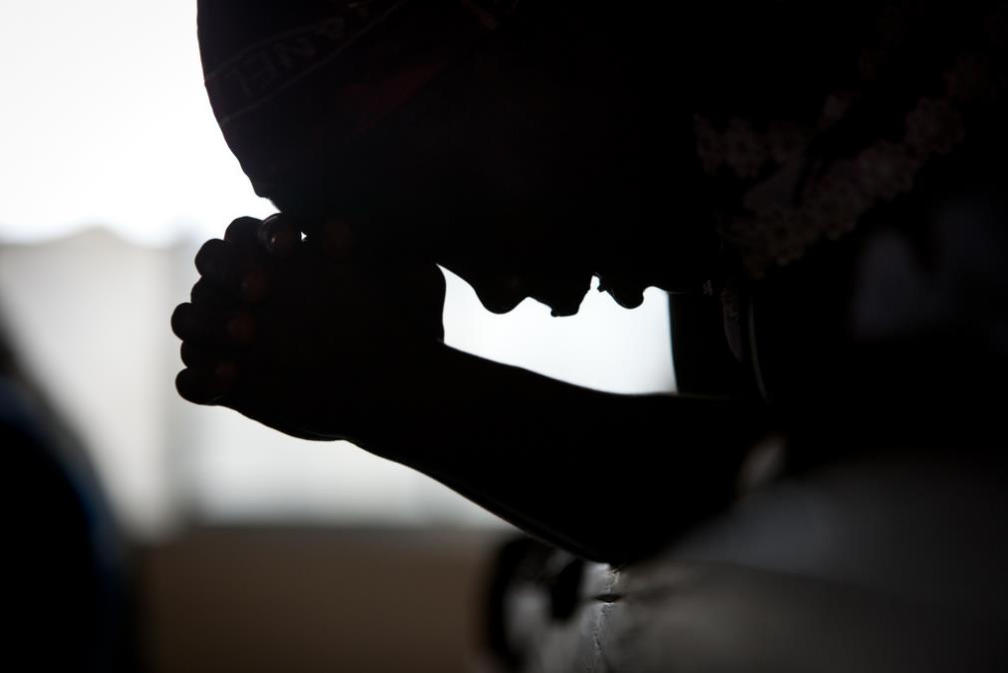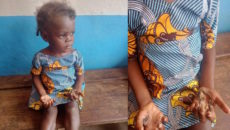MONROVIA, Montserrado – With curfews limiting movements and shuttered businesses resulting in employees losing their jobs all across the country, the Coronavirus pandemic has taken a toll on the livelihood of many Liberians. But one group appears to be particularly susceptible due to the nature of how the virus spreads – sex workers.
Tetee Koffie, a 35-year-old mother to a five-year-old son and a sex worker by night, has noticed the severe impact the pandemic has taken on how much she earns each day. As health authorities ask the public to stay home and limit their contact with people outside their households, Koffie says she has gone from seeing an average of ten men a day to now seeing only two to three customers.
“Because of this virus, we are not getting customers. I get two to three men a night. Sometimes, just one person, and it’s all,” she told The Bush Chicken.
Charging L$100 (US$0.50) to L$200 (US$1.01) on average for every man she has sex with, this means Koffie now earns up to L$400 (US$2.01) instead of up to L$2,000 (US$10.05) daily before COVID-19.
Like many other sex workers, she has lost nearly all her customers since the government started announcing measures to contain the Coronavirus pandemic, such as the national health emergency and a state of national emergency. The measures have limited the movement of people and social gatherings, including the closure of entertainment centers and clubs, where many sex workers would gather near to find customers.
By July 12, the National Public Health Institute of Liberia reported that 1,024 persons had contracted the virus, with 51 deaths. Koffie does see the risk of continuing to work during the pandemic, but this is the only way she knows how to earn money to support her son. In fact, she started as a sex worker 14 years ago when she fled from her son’s abusive father and needed to make a living.
Other sex workers start at a much earlier age. For example, a 16-year-old sex worker The Bush Chicken interviewed said she began working on the streets on Grand Bassa, but was persuaded by a friend to relocate to Monrovia. Her name has been omitted because, according to Liberian law, she is a victim of statutory rape. Like Koffie, she reports sleeping with ten men each day prior to the pandemic, earning on average L$1,500 (US$7.54) each day. Her daily customer count has also dropped to one or two.
The teenager said she and many of her colleagues do not use face masks or any personal protective equipment when engaging with their customers or other members of the public. In fact, much of the sex she has is unprotected, as she feels this is her only means of survival.
Now hooked on cocaine, she said her parents have abandoned her because of her addiction. She called on the government to rescue her by putting her into a rehabilitation program.
“If [the] government and other people can rehabilitate me, I will leave the streets,” she noted.
Besides the substance abuse problems, it is difficult for sex workers to simply pause their activities. The government had promised that it would provide food support and a month of free electricity and water supply to a majority of the country. However, few, if any, have benefited from these programs.
“I know the virus is dangerous, but I still do sex work at night, because that’s the way I can get money to feed myself,” says Yamah Samah, a 26-year-old high school dropout who has been in the business for less than a year.
“This is not the future I dreamed for myself but I have to.”
When contacted about efforts to reach out to sex workers, authorities at the Ministry of Gender, Children, and Social Protection said sex work is considered illegal in Liberia, and the ministry has, therefore, not been involved with them under its Coronavirus response.
According to the African Sex Worker Alliance, a group that advocates for the rights of sex workers in dozens of African counties, prior to the COVID-19 pandemic, most governments on the continent were already unresponsive to the needs and rights of sex workers. The organization says sex workers have remained invisible and are left out of support from government prevention tools, treatment, and resources for their COVID-19 response packages.
Photo by Bruce Strong/Together Liberia



